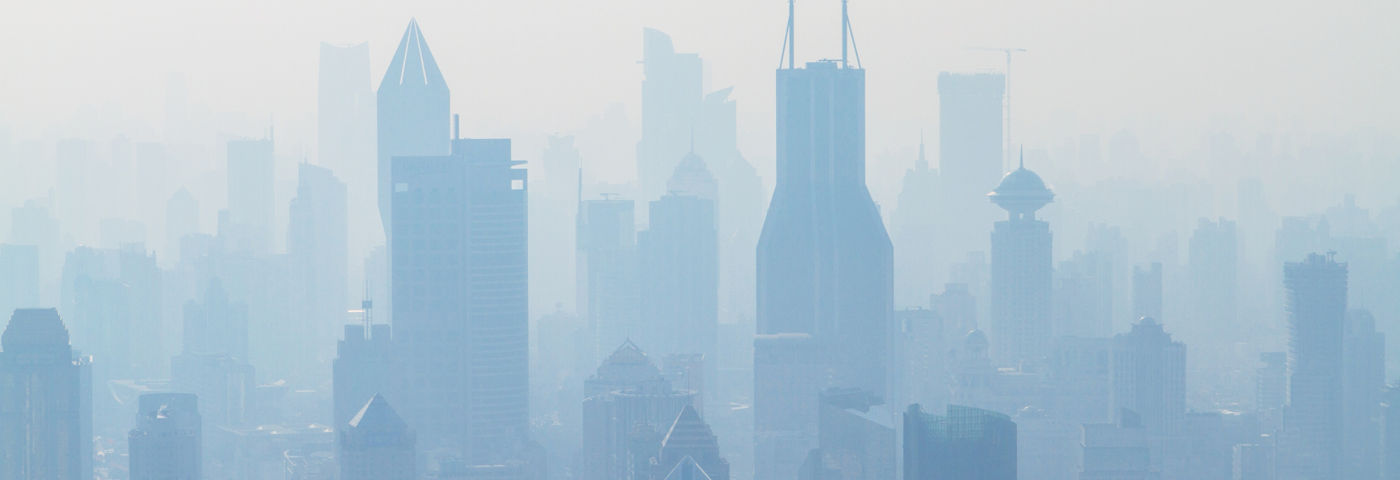As the sector bumps up against the limits to growth in a finite world, we need to focus on solutions. From global warming to overtourism, from flooding and potable water to child protection, we can no longer claim that our industry is pollution free. It isn’t. The ‘polluter pays’ principle is back on the policy makers’ agenda. Not least on polluting aircraft, the external costs of the pollution they cause will be internalised through taxation. In the UK, Air Passenger Duty is very unlikely to be reduced – the direction of travel is upwards. EU finance ministers are pushing to tax flying to combat climate change.
At WTM the Responsible Tourism agenda is shifting its focus, we shall continue to raise the issues, but we shall focus more on the solutions. So in November at WTM London, we shall have a panel looking at the best practices in reporting on the issues businesses are taking responsibility for and the impact of their efforts. We shall have three case studies showcasing best practice in managing crowded sites to protect the heritage and ensure a good visitor experience. We are looking too at solutions to the challenges of visitor and water security.
The child protection agenda has moved on. Although there is still a great deal of work to be done to drive out child abuse and trafficking, our focus this year is on the practical alternatives, for the tourism sector, to working with orphanages. While there are laggards still risking, encouraging and supporting child trafficking and the abuse of children through their support of orphanages through visits, all responsible businesses are looking for responsible alternatives. Holidaymakers and volunteers are drawn to support children – how can we best enable them to realise their moral imperative? We’ll have some answers at WTM London in November.
We have plans for two major round table discussions on aviation and hotels. Planes and hotels being built now will still be operating long after 2050 – they need to be future proofed.
In a session on the Future of Aviation, we want to identify the real options for making flying more sustainable in the short, medium and long term. As Professor Kevin Anderson has pointed out the UK Government and foresees emissions from the UK’s aviation sector continuing at today’s very high levels (currently around 12% of UK CO2) out to 2050 and on through subsequent decades. “…The scale of anticipated aviation emissions is such that this single sector will consume around one-third of the UK’s Paris-compliant carbon budget, putting still further mitigation pressures on schools, hospitals and businesses to compensate for this privileged sector.” This is not going to be acceptable.
In the hospitality sector, new hotels are designed and built by architects and developers for owners with little or no hospitality experience. The separation between those involved in building hotels and those operating them, means that they are rarely sustainable in the long-term, nor is the operational efficiency of the hotels considered. Retrofitting is always more expensive than building sustainability in at the original design and construction stage. The round table will discuss the scale of the problem and how this separation barrier can be addressed to build more sustainable hotels.
Waste plastics are a major issue for the industry and our health and that of the other species with which we share the planet. We have some solutions to share, and we shall be looking at what the tourism sector can do to support the conservation of wildlife and habitats.
The socio-economic agenda matters too and this year we are looking at best practices in indigenous tourism and what the industry can do to develop and communicate better practices in employment.
The World Responsible Tourism Awards close on July 31st. Since 2004 we have been looking for the solutions which have been developed and applied within the industry. Don’t be shy about applying and if you know of businesses which fit this year’s categories encourage them to apply. There is nothing to be lost, and remember; the judges can only select from those that apply.








